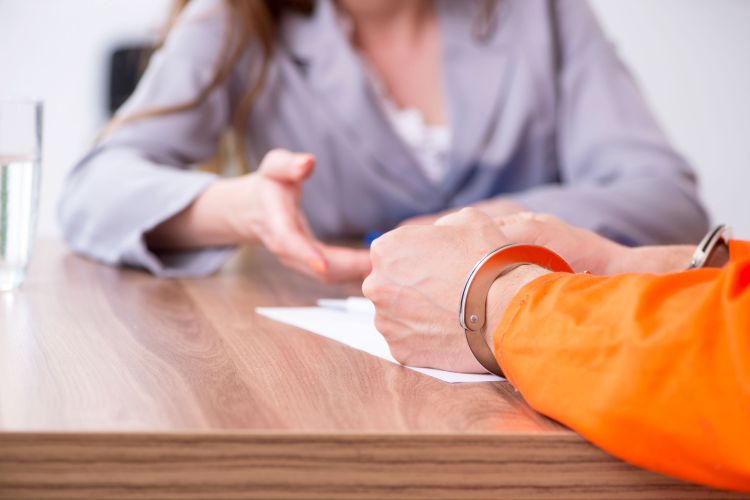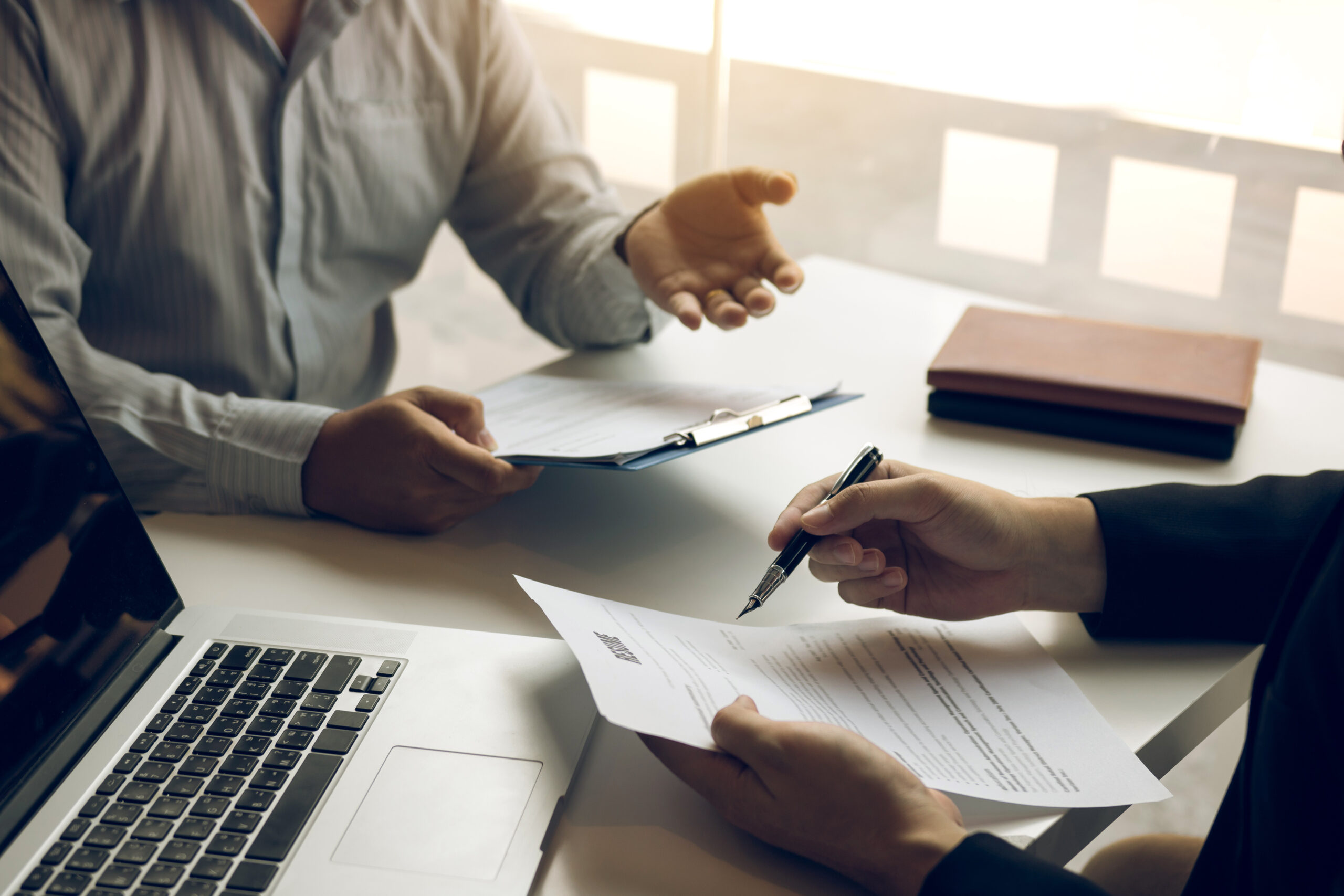Finding yourself in a situation where you need a criminal defense lawyer can be overwhelming. Whether you are facing charges or simply seeking legal advice, understanding what to expect during your first meeting can help alleviate some anxiety. This article provides comprehensive insights into the initial consultation process, ensuring you feel prepared and informed.
Understanding the Role of a Criminal Defense Lawyer

Before diving into what to expect during your initial meeting, it’s essential to understand the role of a criminal defense lawyer. These legal professionals specialize in defending individuals and entities charged with criminal conduct. Their main duties typically include:
- Evaluating the evidence against you
- Advising you on your legal rights and options
- Developing a defense strategy
- Representing you in court proceedings
- Negotiating plea deals with prosecutors
Criminal defense lawyers can handle various cases, including misdemeanors, felonies, and federal charges. Knowing this can help you prepare specific questions and concerns for your meeting.
Preparing for Your First Meeting
Preparation is key to making the most of your initial consultation. Here are some steps you should consider:
- Gather Relevant Documents: Bring any paperwork related to your case, such as arrest records, police reports, or court summons.
- List Your Questions: Prepare a list of questions about your case, the lawyer’s experience, and what the next steps might be.
- Be Honest: Honesty is crucial in these discussions. Provide your lawyer with all the information they need to understand your situation fully.
- Know Your Goals: Understand what you hope to achieve through your legal representation, whether it’s minimizing penalties, winning a case, or seeking a plea deal.
What Happens During the Meeting?
Your first meeting with a criminal defense lawyer usually follows a structured format. Here’s what you can expect:
1. Introduction and Background Information

Upon arrival, the lawyer will introduce themselves and provide some background about their experience and practice. This is a good time for you to gauge their expertise and comfort level in handling cases like yours.
2. Discussing Your Case
The lawyer will then ask you to explain your situation. This may include:
- The events that led to your charges
- Any interactions you’ve had with law enforcement
- Details about any evidence that may be against you
Be prepared to answer questions and provide clarifications as necessary. The more information you share, the better equipped your lawyer will be to assist you.
3. Legal Advice and Options

After understanding the specifics of your case, the lawyer will provide preliminary legal advice. This may include:
- Your legal rights in the situation
- Potential defenses that could apply
- The likelihood of various outcomes based on their experience
- Possible next steps and timelines
This part of the meeting is crucial, as it sets the stage for how you will proceed. The lawyer may also discuss their approach and what they believe is the best strategy for your case.
4. Discussing Fees and Payment Options

Most lawyers will discuss their fee structure during the first meeting. This may include:
- Hourly Rates: Many lawyers charge by the hour, and they will provide an estimate of how many hours they expect your case will take.
- Flat Fees: Some lawyers may offer a flat fee for specific services, such as handling a misdemeanor case.
- Retainers: You may be required to pay a retainer fee upfront, which will be deducted from your total fees.
Make sure to clarify any questions about billing, additional costs (like court fees or expert witness fees), and payment plans if needed.
5. Next Steps and Closing
At the end of the meeting, the lawyer will outline the next steps. This may include:
- Filing motions or paperwork
- Preparing for court appearances
- Collecting additional evidence or witness statements
Take notes during this portion of the meeting to ensure you understand what is expected of you moving forward.
Common Questions to Ask Your Lawyer
During your initial meeting, asking the right questions can help you assess whether the lawyer is a good fit for you. Consider asking:
- What is your experience with cases like mine?
- What possible outcomes do you foresee based on my case details?
- How often will we communicate, and what is your preferred method of contact?
- Can you provide references from past clients?
- What is your strategy for my defense?
What Happens After the Meeting?
After your first meeting, you will need to make a decision about whether to hire the lawyer. If you choose to proceed, the lawyer will likely ask you to sign a retainer agreement, formalizing the attorney-client relationship.
Once engaged, the lawyer will begin working on your case, gathering evidence, filing necessary legal documents, and preparing for court appearances. It is essential to remain in communication with your lawyer, providing any additional information they may need as your case progresses.
Your first meeting with a criminal defense lawyer is a critical step in navigating the complexities of the legal system. By understanding what to expect, you can approach the situation with confidence. Preparation, honesty, and open communication are key elements that will help you make the most out of this meeting. Remember, the lawyer you choose will play a significant role in your defense strategy, so take the time to find someone you trust and feel comfortable with. Ultimately, having a skilled criminal defense attorney can make a significant difference in the outcome of your case.